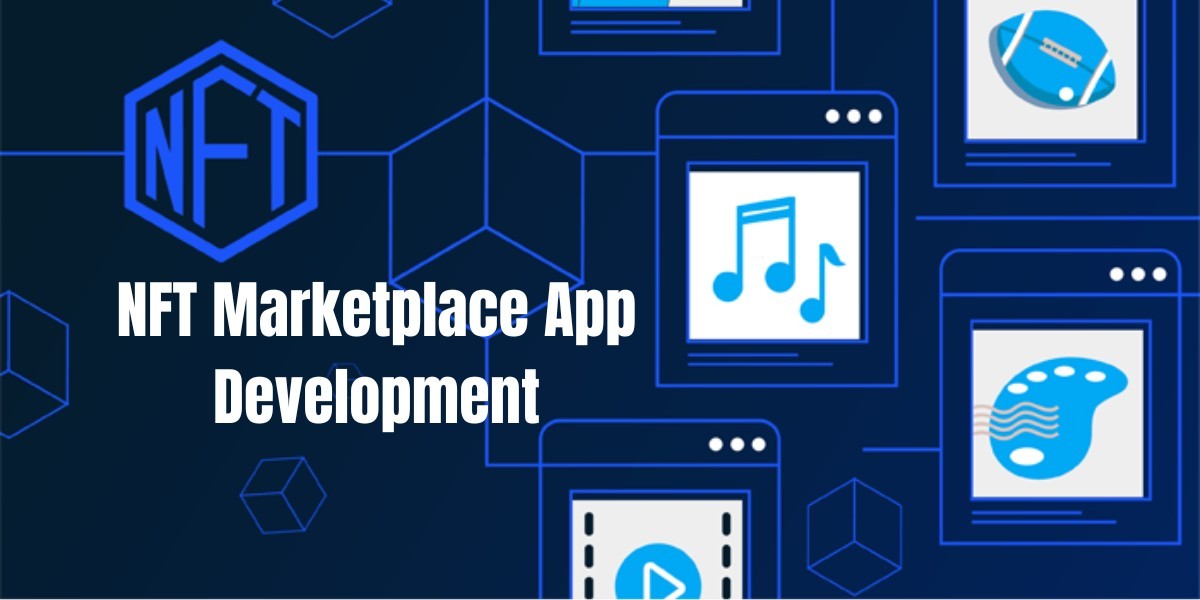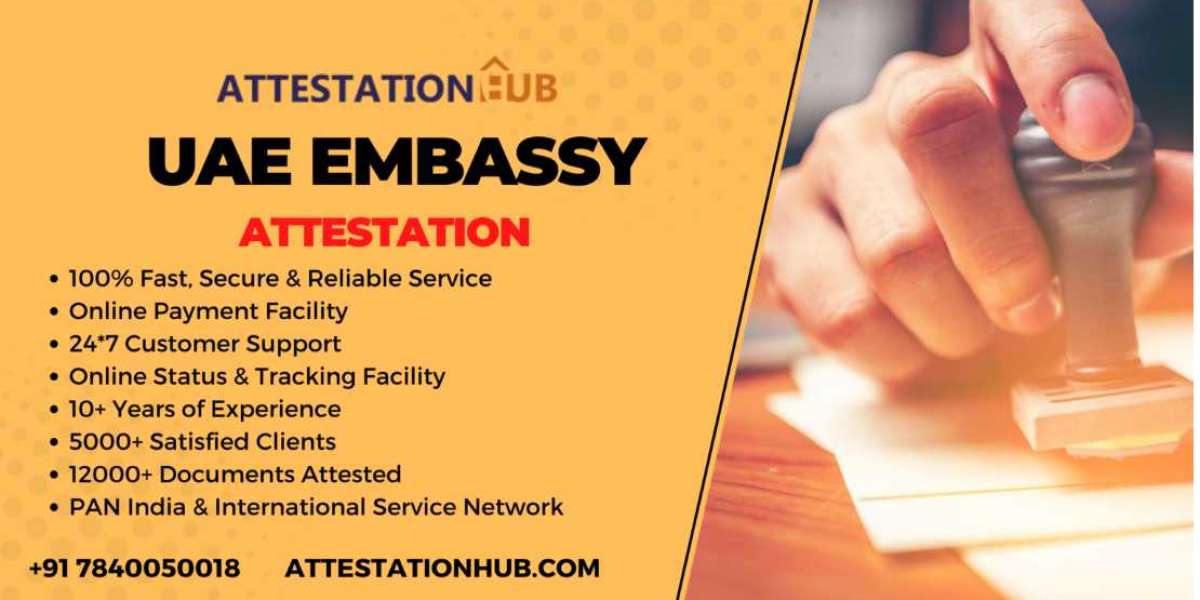In recent years, the digital world has witnessed a revolutionary transformation in the way we buy, sell, and trade assets. Non-fungible tokens (NFTs) have emerged as a groundbreaking technology, allowing individuals to own and trade unique digital assets securely and transparently. As NFTs continue to gain popularity, the demand for NFT marketplace apps has surged. In this blog, we'll explore the world of NFTs and delve into the development of NFT marketplace apps.
Understanding NFTs
Before diving into the development of NFT marketplace apps, it's crucial to understand what NFTs are. NFTs are digital tokens that represent ownership or proof of authenticity of a unique item, often using blockchain technology. Unlike cryptocurrencies like Bitcoin or Ethereum, which are fungible and interchangeable, NFTs are one-of-a-kind and cannot be exchanged on a one-to-one basis.
NFTs can represent various digital assets, including art, music, videos, virtual real estate, collectibles, and even in-game items. They are stored on a blockchain, which ensures their immutability and scarcity. This technology has opened up new opportunities for creators, collectors, and investors, driving the need for dedicated NFT marketplaces.
The Rise of NFT Marketplaces
NFT marketplaces serve as the primary platforms for buying, selling, and trading NFTs. These marketplaces have gained immense popularity due to several key factors:
- Accessibility: NFT marketplaces are accessible to anyone with an internet connection, making it easy for both creators and collectors to participate in the NFT ecosystem.
- Security: Blockchain technology ensures the security and transparency of NFT transactions, reducing the risk of fraud and counterfeit items.
- Ownership and Provenance: NFTs provide a clear record of ownership and provenance, allowing collectors to verify the authenticity and history of their digital assets.
- Digital Collectibles: NFT marketplaces have fueled the rise of digital collectibles, creating new markets for artists, gamers, and content creators.
Developing an NFT Marketplace App
Building an NFT marketplace app is a complex process that involves several key steps:
- Conceptualization: Start by defining the purpose and unique selling points of your NFT marketplace. Consider the target audience, the types of NFTs you want to support, and the user experience you want to provide.
- Blockchain Integration: Choose a suitable blockchain platform to build your NFT marketplace on. Ethereum is the most popular choice, but alternatives like Binance Smart Chain, Flow, or Tezos offer different advantages.
- Smart Contract Development: Create smart contracts to represent the NFTs and define the rules for buying, selling, and trading them. Ensure that your smart contracts are secure and audited to prevent vulnerabilities.
- User Registration and Wallet Integration: Implement user registration and wallet integration for your users. This allows them to create accounts, manage their NFT collections, and perform transactions securely.
- User Interface (UI) and User Experience (UX): Design an intuitive and visually appealing UI/UX to enhance the user's experience while navigating your app. User-friendly interfaces are crucial for attracting and retaining users.
- NFT Minting: Develop a feature for users to mint their NFTs directly on your platform. This process should be user-friendly and transparent.
- Marketplace Listings: Enable users to list their NFTs for sale, set prices, and manage their listings. Implement search and filter options for users to discover NFTs easily.
- Payment Integration: Integrate cryptocurrency payment gateways to facilitate transactions. Ensure secure and efficient payment processing.
- Community and Social Features: Incorporate social features such as user profiles, comments, likes, and follows to build a community around your NFT marketplace.
- Security and Compliance: Implement robust security measures to protect user data and assets. Comply with relevant regulations and ensure transparency in your operations.
Conclusion
NFT marketplace app development is an exciting venture in the ever-evolving world of blockchain technology and digital assets. As NFTs gain prominence, these platforms will play a pivotal role in shaping the future of art, entertainment, and collectibles. By mastering the core concepts of NFTs and adhering to best practices in app development, you can create a secure and user-friendly platform connecting creators and collectors worldwide. Success in this dynamic space hinges on innovation, community building, and staying ahead of the curve in the ever-evolving NFT marketplace app development landscape. As the future unfolds, NFT marketplace apps will continue to lead the way in digital asset ownership and trading.



